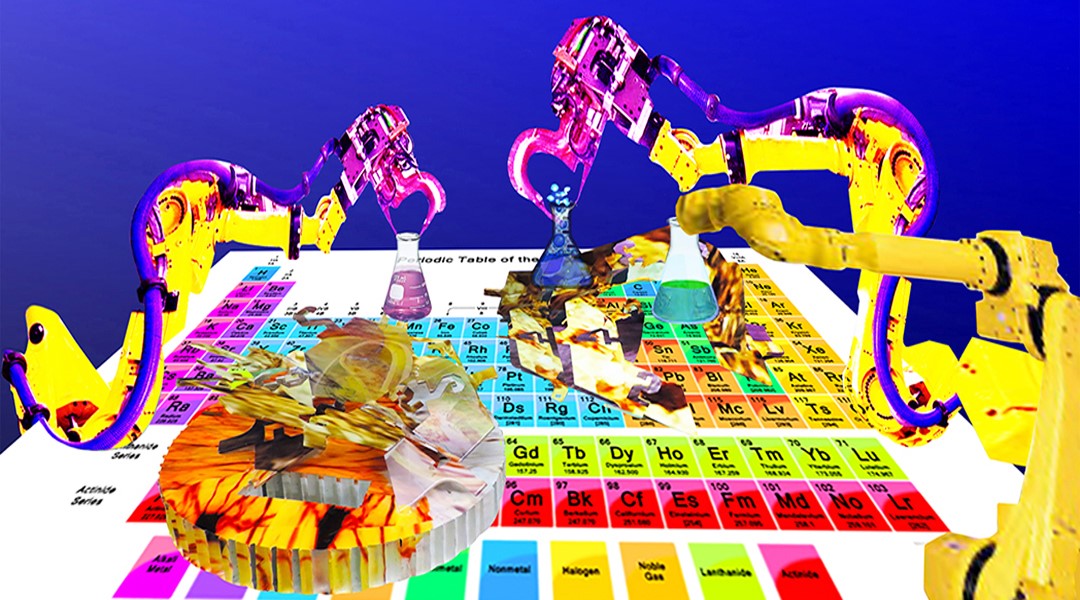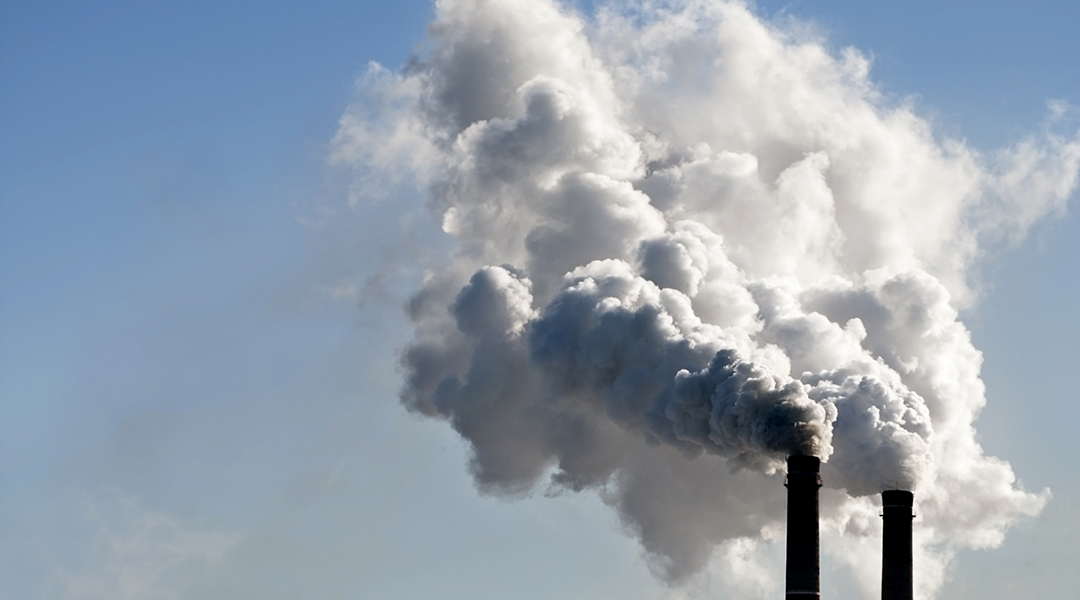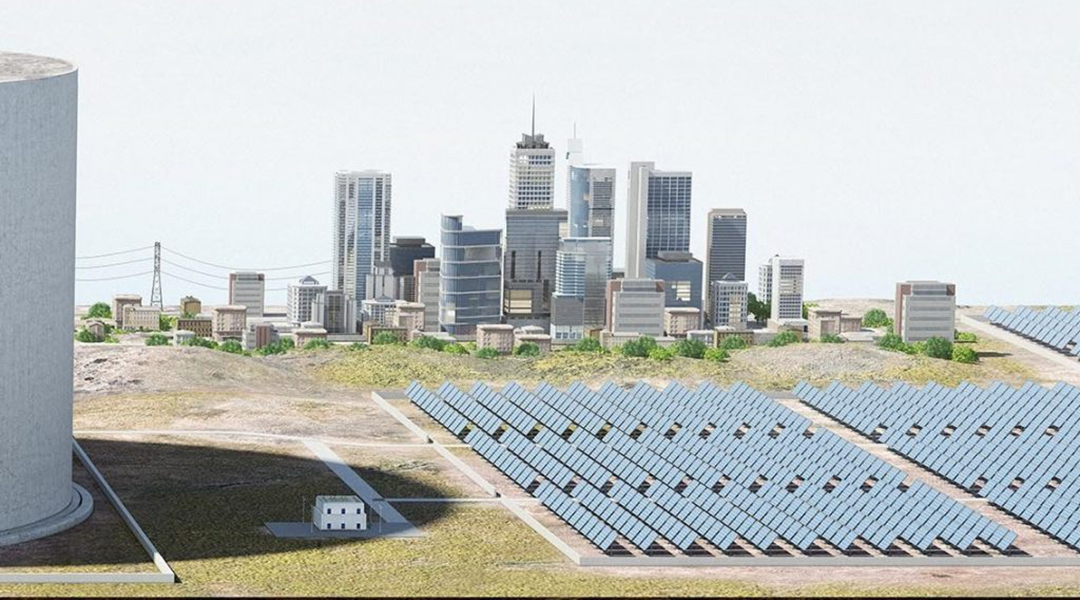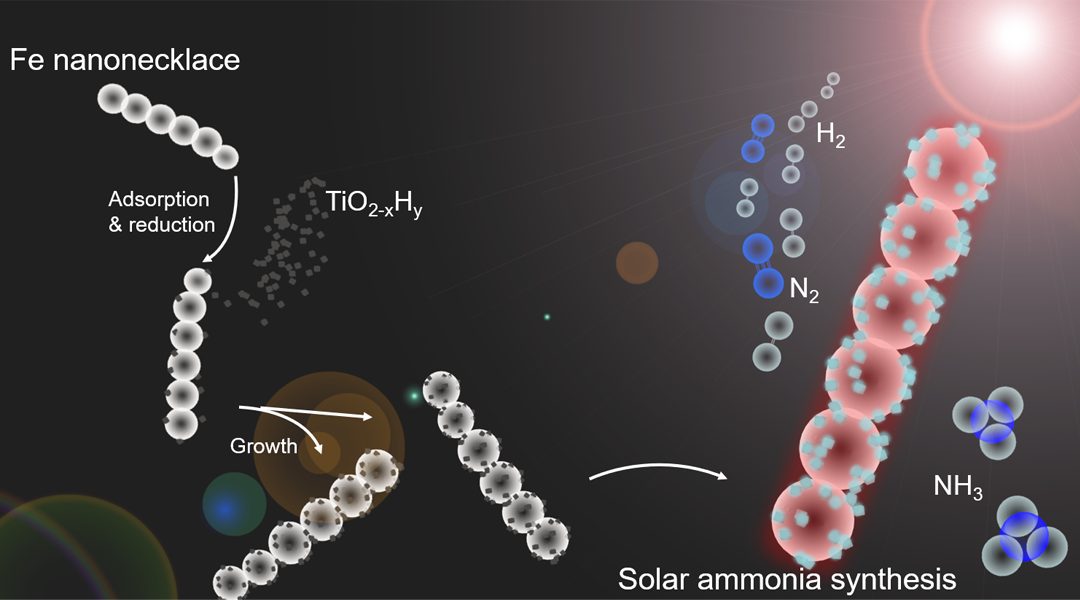Will artificial intelligence expand and enhance its teaching prowess to the point where it can replace the professor in his or her traditional role?



Will artificial intelligence expand and enhance its teaching prowess to the point where it can replace the professor in his or her traditional role?

AI is being leveraged to provide machines with the capacity to match or even outperform humans in many endeavors. So what does this mean for the synthetic chemist?

For the UK to make headway with its ambitious Absolute Zero plan, it calls for an administration that understands the subject and what is needed for its success.

Global warming: a collision of science, economy, and politics. Could finance be the key?

Nano-silicon is an attractive tool in the field of environmental remediation, specifically when it comes to cleaning up oil spills from underwater drilling and hydraulic fracking.

Exploring a fossil-fuel free industrial revolution prompts us to consider the grave risks we’re taking by not making every concerted effort to rapidly fix our global environment.

A new eco-friendly vodka, created for the first time using the hydrogenation of carbon dioxide to make ethanol.

A new solution for large-scale energy storage through the hydraulic lifting of large rocks.

A new photocatalyst is revolutionizing a time-old reaction, addressing how light can influence not just the kinetics of chemical reactions, but their thermodynamic equilibria.

The burden of caring for Planet Earth is upon our shoulders, and it will take some heavy lifting and concrete solutions to reverse the adverse, long-term effects of climate change.